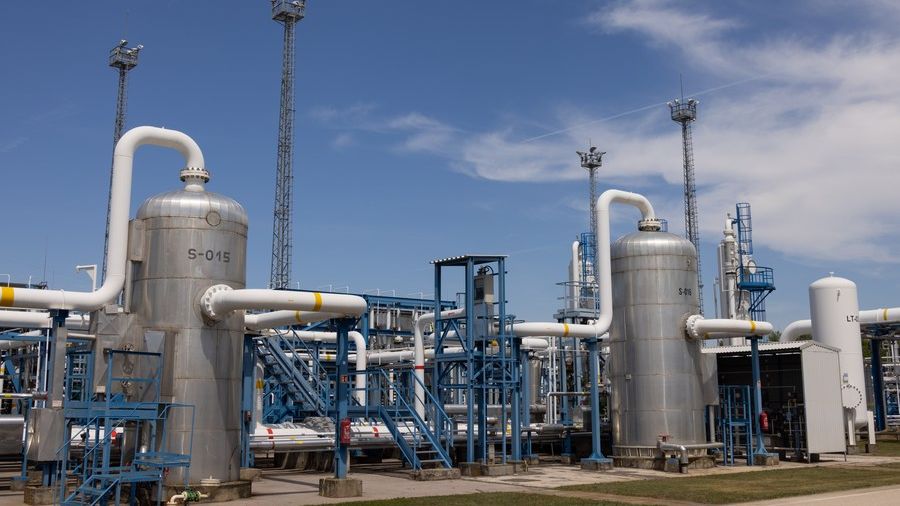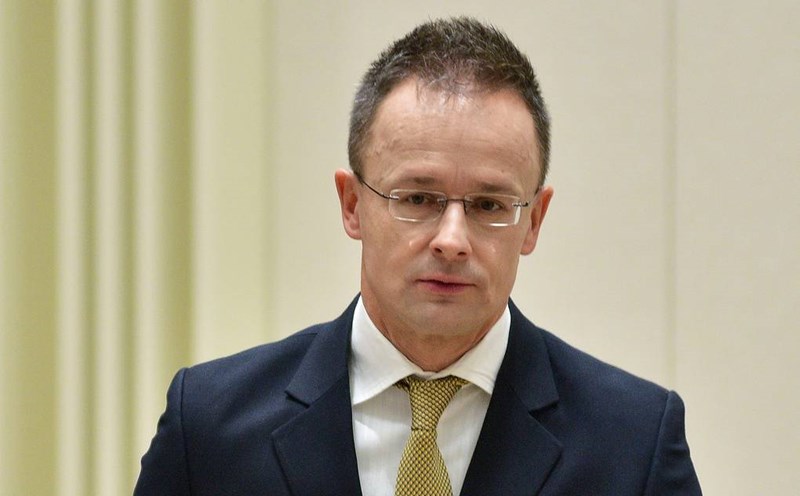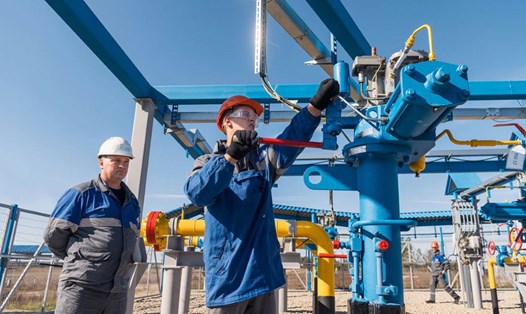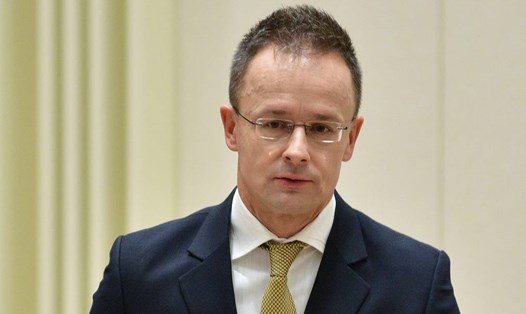The end of Ukraine's transit of Russian gas to Europe, combined with reduced supplies of liquefied natural gas (LNG), is putting the European Union at risk of a new energy crisis.
January 2025 saw the highest gas withdrawals from underground gas storage (UGS) facilities in Europe in four years, and the third highest in history, according to data from the European Gas Infrastructure Institute (GIE), TASS reported.
The total amount of gas withdrawn from UGS in EU countries in January 2025 reached 21.3 billion m3, 13.5% higher than the same period last year, recording the highest level since 2021. As of January 31, gas reserves at European UGS facilities fell to 53.59%, 6.99% lower than the average of the past 5 years.
In January, the amount of gas injected back into UGSs was only 744 million m3, down 20% compared to last year, the lowest level since 2016. Meanwhile, the heating season in Europe started 10 days earlier than last year (from 29.10.2024), with the total amount of gas withdrawn from UGSs since then reaching 49 billion m3.
Despite strong gas demand, LNG deliveries to the European gas transport system fell slightly compared to December, reaching 10.4 billion m3 (down 0.7% from the previous month and 2.5% from the same period last year). This is also the lowest level for January since 2022.

In addition, EU LNG import infrastructure remains limited, especially in Germany, where some LNG terminals are still under construction. This has increased pressure on LNG-dependent countries and pushed gas prices up 6% compared to December, to $518/1,000 m3. If the situation does not improve, gas prices could continue to climb in the coming months.
Forecasters warn that this winter could last until mid-April, keeping heating demand high, meaning gas reserves could fall to alarming levels.
Since Russian gas supplies have been sharply reduced due to sanctions, the EU has been rushing to diversify its gas supplies, including expanding LNG imports from the US, Qatar and Algeria.
Some countries, such as Germany, the Netherlands and Poland, are pushing for renewable energy to reduce their dependence on gas. However, these solutions will take time to take effect. Without timely measures, Europe could fall into a serious gas crisis as early as 2025.









